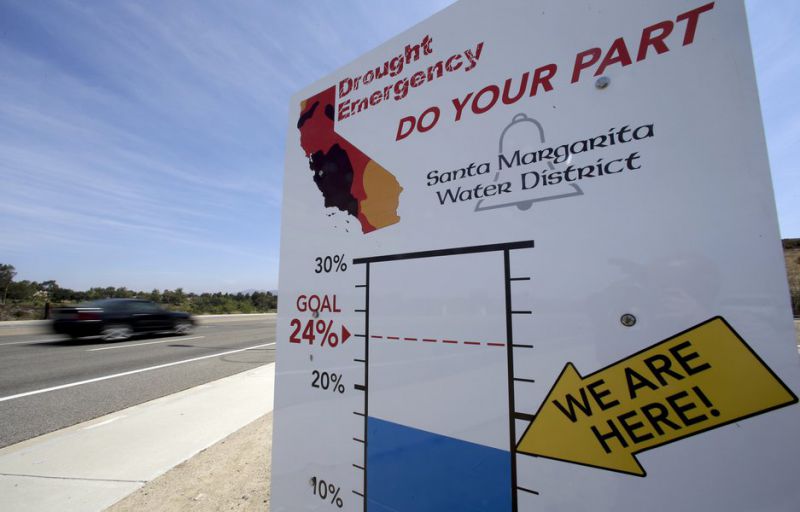Saudi Land Purchase in San Diego Fuels Debate over US Water Rights
Published on by Water Network Research, Official research team of The Water Network in Government
Saudi Arabia's largest dairy company will soon be unable to farm alfalfa in its own parched country to feed its 170,000 cows. So it's turning to an unlikely place to grow the water-chugging crop — the drought-stricken American Southwest.
Almarai Co. bought land in January that roughly doubled its holdings in California's Palo Verde Valley, an area that enjoys first dibs on water from the Colorado River. The company also acquired a large tract near Vicksburg, Arizona, becoming a powerful economic force in a region that has fewer well-pumping restrictions than other parts of the state.
The purchases totaling about 14,000 acres enable the Saudis to take advantage of farm-friendly U.S. water laws. The acquisitions have also rekindled debate over whether a patchwork of regulations and court rulings in the West favors farmers too heavily, especially those who grow thirsty, low-profit crops such as alfalfa at a time when cities are urging people to take shorter showers, skip car washes and tear out grass lawns.
"It flies in the face of economic reason," said John Szczepanski, director of the U.S. Forage Export Council. "You've taken on all of the risk a farmer has. The only way you can justify that is that they're really not trying to make a profit. They're trying to secure the food supply."
For decades, Saudi Arabia attempted to grow its own water-intensive crops for food rather than rely on farms abroad. But it reversed that policy about eight years ago to protect scarce supplies.
 To further conserve water, the country has adopted bans on selected crops. This year, the kingdom will no longer produce wheat. In December, the government announced the country will stop growing green fodder, livestock feed derived from crops like alfalfa, over the next three years.
To further conserve water, the country has adopted bans on selected crops. This year, the kingdom will no longer produce wheat. In December, the government announced the country will stop growing green fodder, livestock feed derived from crops like alfalfa, over the next three years.
Almarai already farms worldwide to make sure that weather, transportation problems or other conditions don't interrupt supplies. The expansion in the American Southwest was a "natural progression" in its effort to diversify supply, said Jordan Rose, an attorney for the company's Arizona unit.
"The cows feed multiple times a day, and they need to be certain that they are always able to fulfill that unwavering demand," she wrote.
Despite the widespread drought conditions, the U.S. is attractive to water-seeking companies because it has strong legal protections for agriculture, even though the price of land is higher than in other places.
"Southern California and Arizona have good water rights. Who knows if that will change, but that's the way things are now," said Daniel Putnam, an agronomist at the University of California, Davis.
Over the last decade, Saudi Arabia and the United Arab Emirates emerged as significant buyers of American hay as their governments moved to curb water use. Together they accounted for 10 percent of U.S. exports of alfalfa and other grasses last year.
The land purchases signal that Almarai doesn't just want to buy hay; it wants to grow. And it's not the only Arab-owned Gulf company to take that approach.
Al Dahra ACX Global Inc., a top U.S. hay exporter based in Bakersfield, California, is owned by Al Dahra Agriculture Co. of United Arab Emirates. It farms extensively in Southern California and Arizona and, according to its website, plans to add 7,500 acres in the United States for alfalfa and other crops. The exporter packages crops grown across the West at its two plants in California and one in Washington state.
Most of the farms that Arab companies own worldwide are in developing nations. For instance, Qatar's sovereign wealth fund has holdings in Latin America and Africa.
Source: San Diego Union Tribune
Read More Related Content On This Topic - Click Here
Media
Taxonomy
- Water
- Policy
- Water Rights
- Governance & Planning